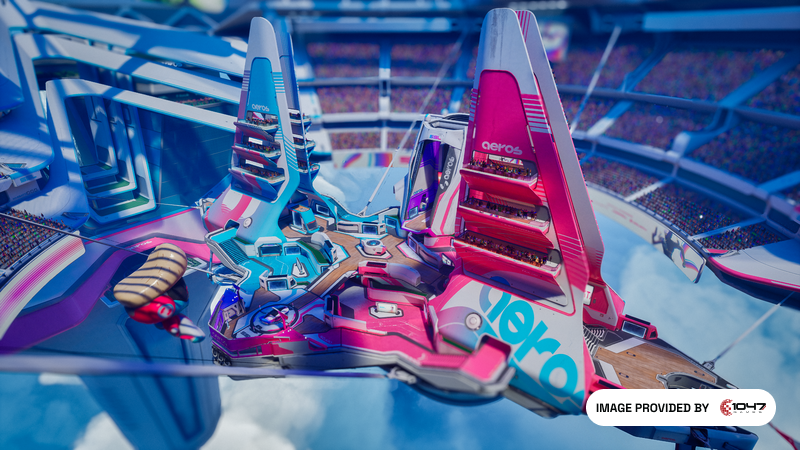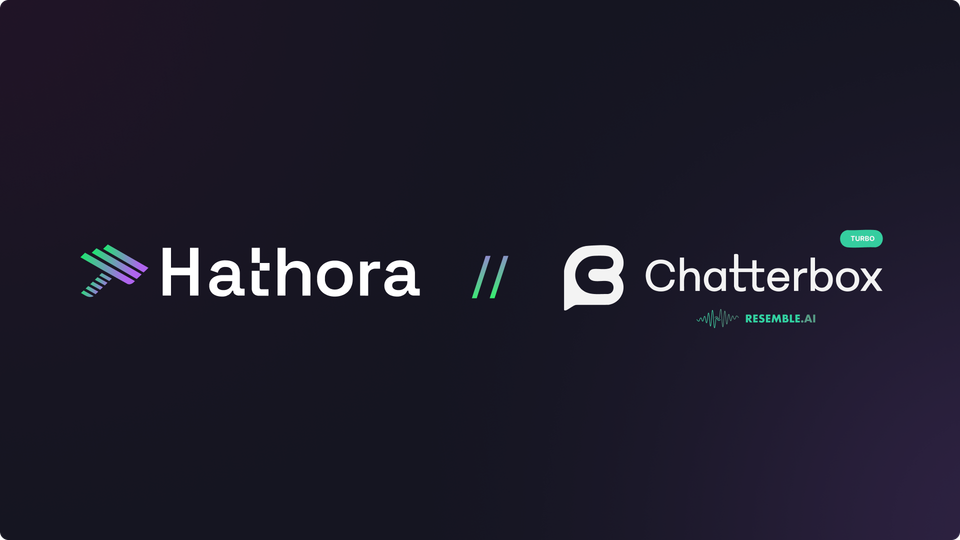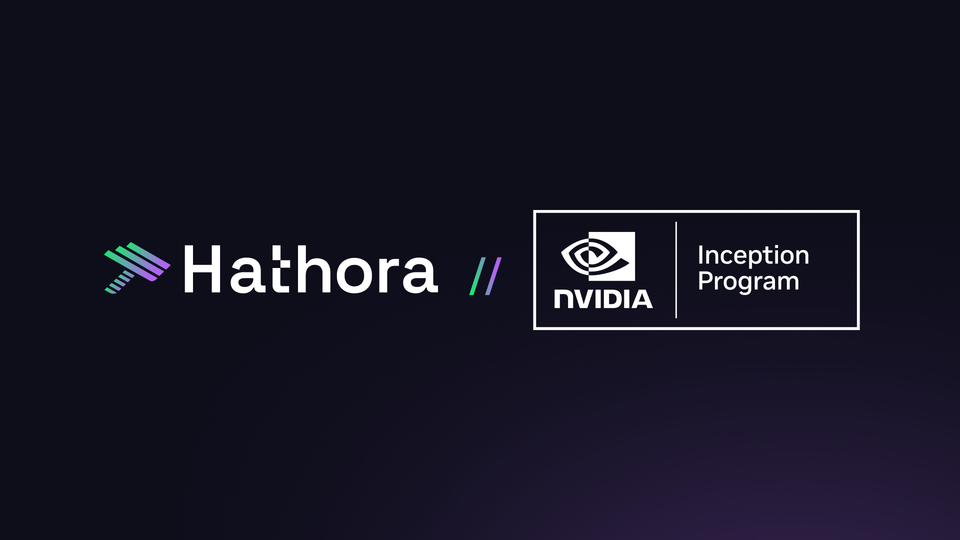1047 Games & Geode on the Build vs. Buy Decision Process
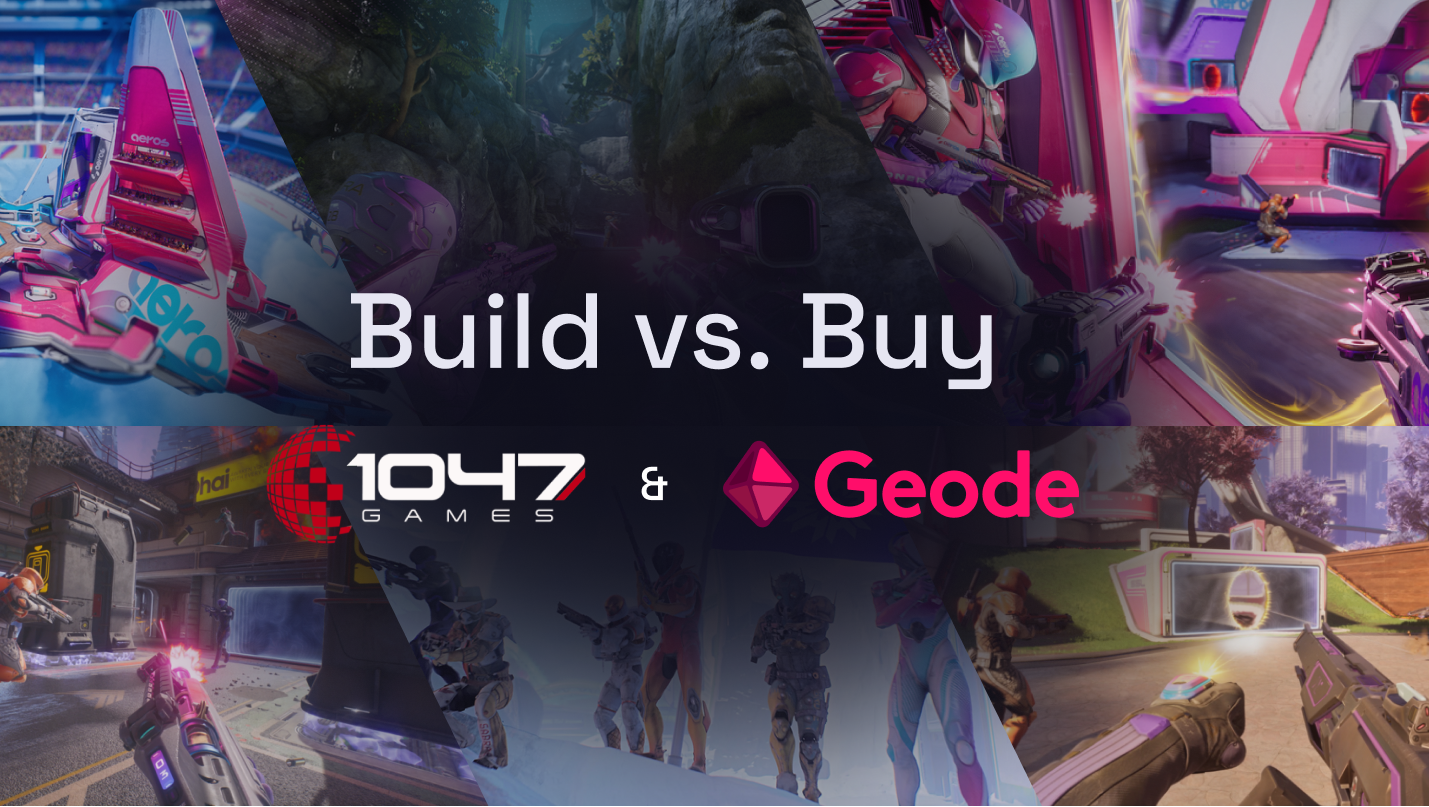
About the Author:
Zach Langbert, Geode’s Founder and CEO, is a seasoned engineer and product development leader. After leading over a dozen product launches for both startups and enterprises, including a ground-up redesign and rebuild of Nike’s $13 billion ecommerce platform and working with Skillz to as their lead cloud infra engineer scaling the platform to IPO, Zach founded Geode on the principle that high quality, effective software should be achievable for any team.

Introduction:
1047 Games, our team’s most prominent gaming client, has engaged us in dozens of major projects over the past few months. You would call our Geode team a “co-dev shop” in the gaming industry. We enhance the capabilities of full-fledged studios, while we work across various industries. This cross-industry experience enables us to bring best practices to the game studios we collaborate with.
These projects range from foundational cloud infrastructure to high-scalability GitOps and deployment flows to container orchestration with Kubernetes. For this post, I'll focus on two specific projects:
- Building a comprehensive gaming content management system
- Evaluating and deciding to buy a dedicated server hosting platform
These projects highlight the critical trade-offs teams face when deciding whether to "buy or build" a new piece of tech. I break this decision into two key questions:
- Core Competencies: What are the organization’s core competencies, including nuances and long-term considerations? This is the difference between “we know how to do it” and “we could do this under any circumstances without a problem.” Getting to the bottom of this with any team, especially one as talented as our partners at 1047 Games, takes a lot of work and trust building. We were grateful to achieve that with this stellar team.
- Return on Investment (ROI): How can we make ROI more understandable before a project starts? This is a significant challenge when organizations can’t easily measure or define the costs before a project begins. In most cases, teams miscalculate the cost of going down the build route, and we spend a lot of time understanding what is truly the better solution.
Through these lenses, I’ll outline our decisions for building a custom CMS for 1047 and opting to buy dedicated servers from Hathora.
What is 1047 Games?
Founded by Ian Proulx and Nicholas Bagamian in their Stanford dorm room, 1047 Games has grown into a 140+ employee remote development studio. Their flagship game, Splitgate, released in 2019, was an instant hit, amassing 2 million downloads within two weeks and over 20 million total. However, technical limitations forced the team to regroup and prepare for their next title.
Live-ops games are challenging to build and run at scale, and the pace at which Splitgate was developed was hard to maintain. Initially, the team used a backend tool that couldn’t handle Splitgate's success, leading to issues caused by outsourcing essential pieces of the backend and general reliability problems. Recognizing these challenges, the team decided to invest in building their backend, improving monetization strategies, and enhancing the game overall.
As 1047 prepares for their second release, Geode has provided essential services to streamline development. Bringing on a co-dev shop like ours is logical for projects that don’t require permanent engineers. We offer expertise and tools that teams can easily operate.
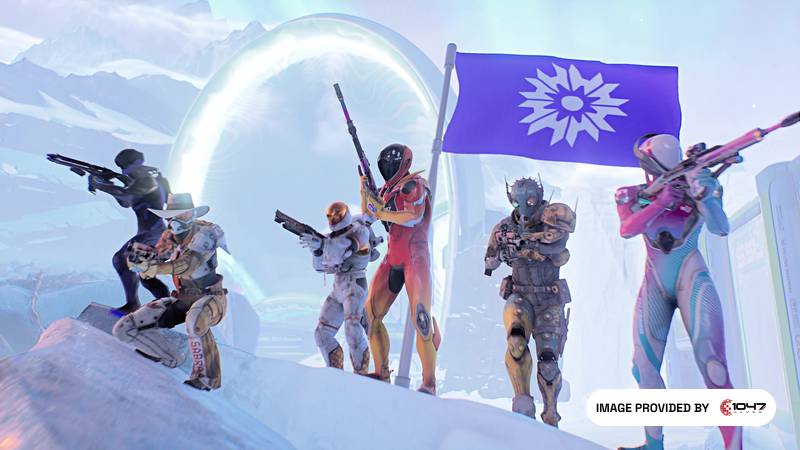
Content Mavericks: Building Our Content Management System
Why would a gaming studio want a gaming content management system? Here’s an example, WoW Head counts 147,634 items, and imagine managing all of those in a spreadsheet. Now imagine you add a line in the spreadsheet and a new item or piece of content appears in your game. Getting this in place would be an easy way for non-technical team members to add new content directly into the game would significantly improve the game’s development process.
Why Build Instead of Buy?
We decided to build the Gaming Content Management System for two reasons:
- Lack of Suitable Off-the-Shelf Solutions: 1047 is out to build an expansive Splitgate universe, with the ability to support multiple games, modes, seasons, and thousands of items between them. To achieve this, we need specialized gaming tailored tech that will scale.
- Business Necessity: The ability to quickly and easily add content was critical for revenue generation.To stay in business, games need to keep being fun. Enabling the content team to drop seasonal content and new items simply cannot be understated.
Decision-Making Process:
- ROI Analysis: Customizing an off-the-shelf solution would take a quarter and still fall short on features. Building a fully-featured tool would take a bit more time but offered all required functionalities.
- Core Competencies: Our team at Geode had the expertise to build the CMS, and reducing friction for the content team would enhance 1047 Games' ability to create and launch content quickly
Result:
We developed a custom gaming content management system in nine months with ongoing maintenance to continue improving it. This took longer than we originally scoped, and makes it even more important to be certain you want to build rather than buy, but it will save hundreds if not thousands of hours in the long run. Game designers, product managers, and live ops teams can now update weapon stats, share new skins, adjust game modes, and more, all without needing full-time engineers. 1047 Games is keen on leveraging seasonal content schedules, managing multiple sets of content at the same time, and keeping the content side of the game robust and this tool solves for that.

Conclusion:
The build-out of Maverick, our gaming CMS that integrates with the Unreal Editor, will help 1047 Games with Splitgate 2 and future titles. This was a prime example of how the ROI and core competencies enable the best player experience and the best business case for 1047 Games.
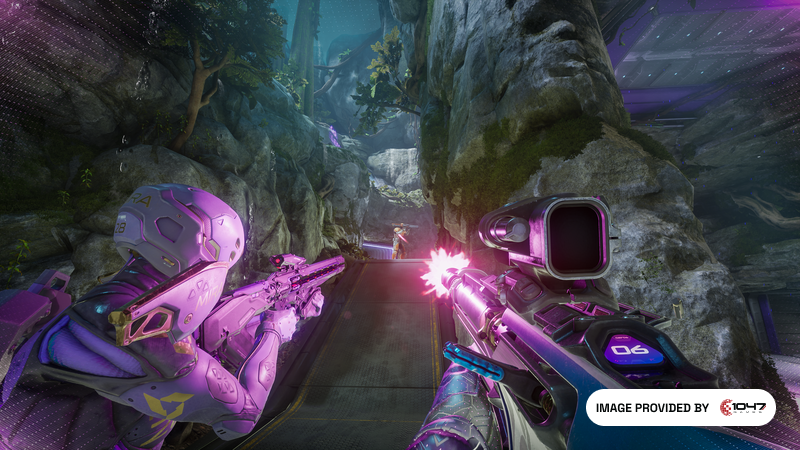
Buying Orchestration & Servers: Hathora
In the last iteration of Splitgate, we heavily outsourced our backend infrastructure, which made us reliant on others for the game’s success. While this didn’t work out as hoped, it informed our new approach to decide what to build and what to buy.
Key Requirements for Server Orchestration:
- Load Balancing: Distributing player traffic across multiple servers to prevent overloads.
- Game Lifecycle Management: Ensuring games start and stop as needed and players are matched correctly.
- Fleet Management: Scaling servers up and down to handle player load, including launch day spikes.
These requirements are essential for the competitive games 1047 Games creates, anticipating viral growth.
Why Buy Instead of Build?
Using the lens of ROI and core competencies:
- Competency: While our team has extensive experience with Kubernetes, one important part of the stack to build this solution, it would just be the tip of the iceberg in building out an autoscaling dedicated server solution that could handle a AAA title. We felt the time and scale needed for this setup were impractical to do in-house.
- ROI: For server orchestration, provisioning servers ourselves might be cheaper after a lot of work, but it would divert focus from content creation, which is core to 1047 Games' success. Between the upfront cost of building and the ongoing cost of maintaining an orchestration + servers wouldn’t make sense for the business.
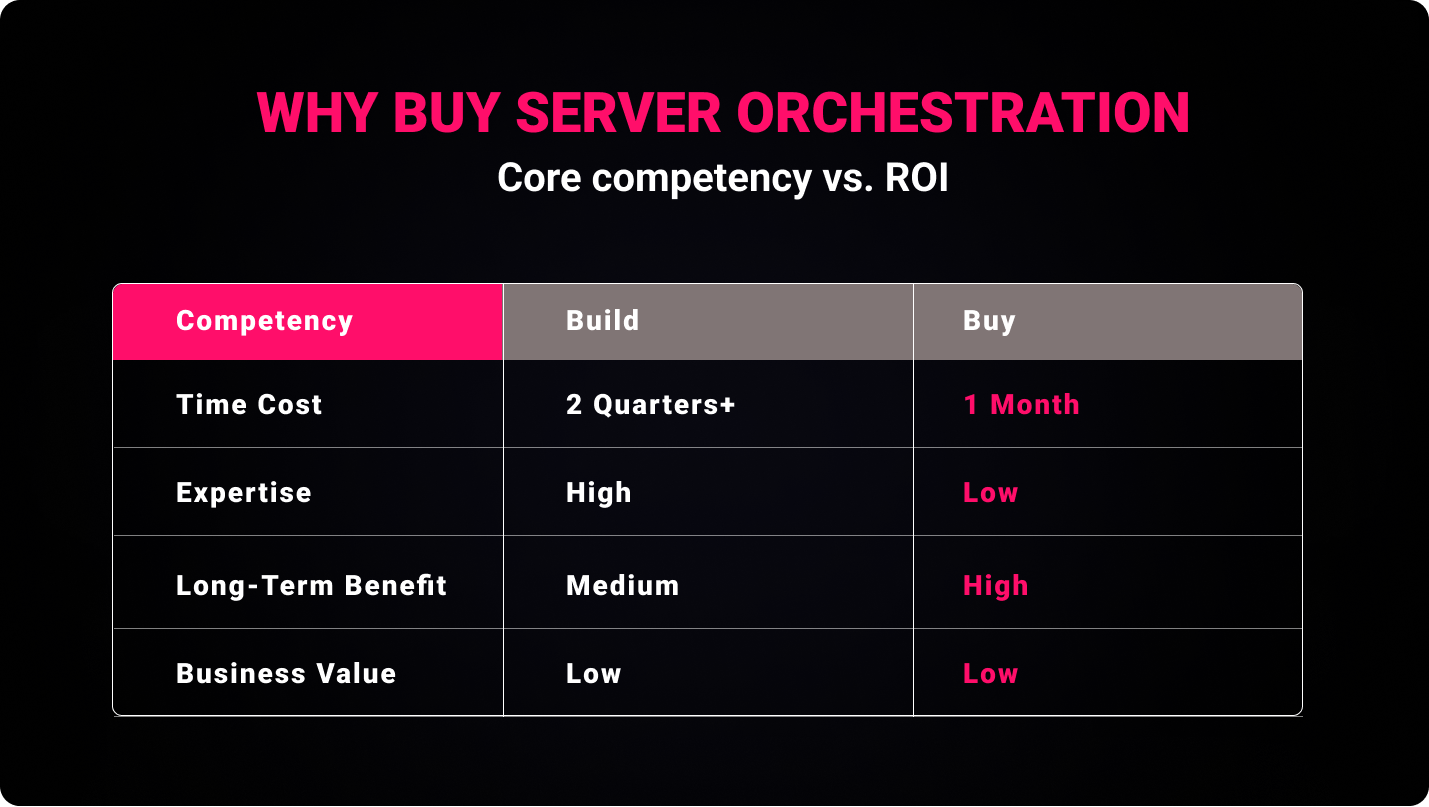
Given these factors, we opted to buy Hathora’s enterprise solution, leveraging their extensive experience in infrastructure management.
Vendor Evaluation:
A complete vendor evaluation is beyond the scope of this blog. However, we did compare AWS Gamelift, Multiplay, and Hathora before we made a final decision. I can share a few of the top reasons why we chose Hathora here:
- Time to Integrate: Hathora was quickly operational with our setup, while the cloud tool took significantly longer.
- Cost: Hathora offered cost savings through integrated single-tenant bare metal, essential for our needs.
- Feature Velocity: By jumping in on this product, we’ve experienced every product update as feedback from Hathora’s different customers come in. Even in a short period of time we are feeling the benefits of this arrangement.
- Ease of Use: Hathora’s solution minimizes the need for additional dedicated engineers and a true team to maintain in the long-term, unlike the alternatives.
Onwards
We continue to build and test the tech at 1047 Games to ensure the forthcoming launches go off with as few hitches as possible. We’ve built confidence in our home-grown tools as well as our outsourced tools like Hathora to know that when we attain viral growth like in the past, the backend will be able to handle the scale. Each decision is tailored to the studio’s unique needs. Feel free to reach out on LinkedIn or email me at zach@geode.io to discuss build vs. buy decisions.
